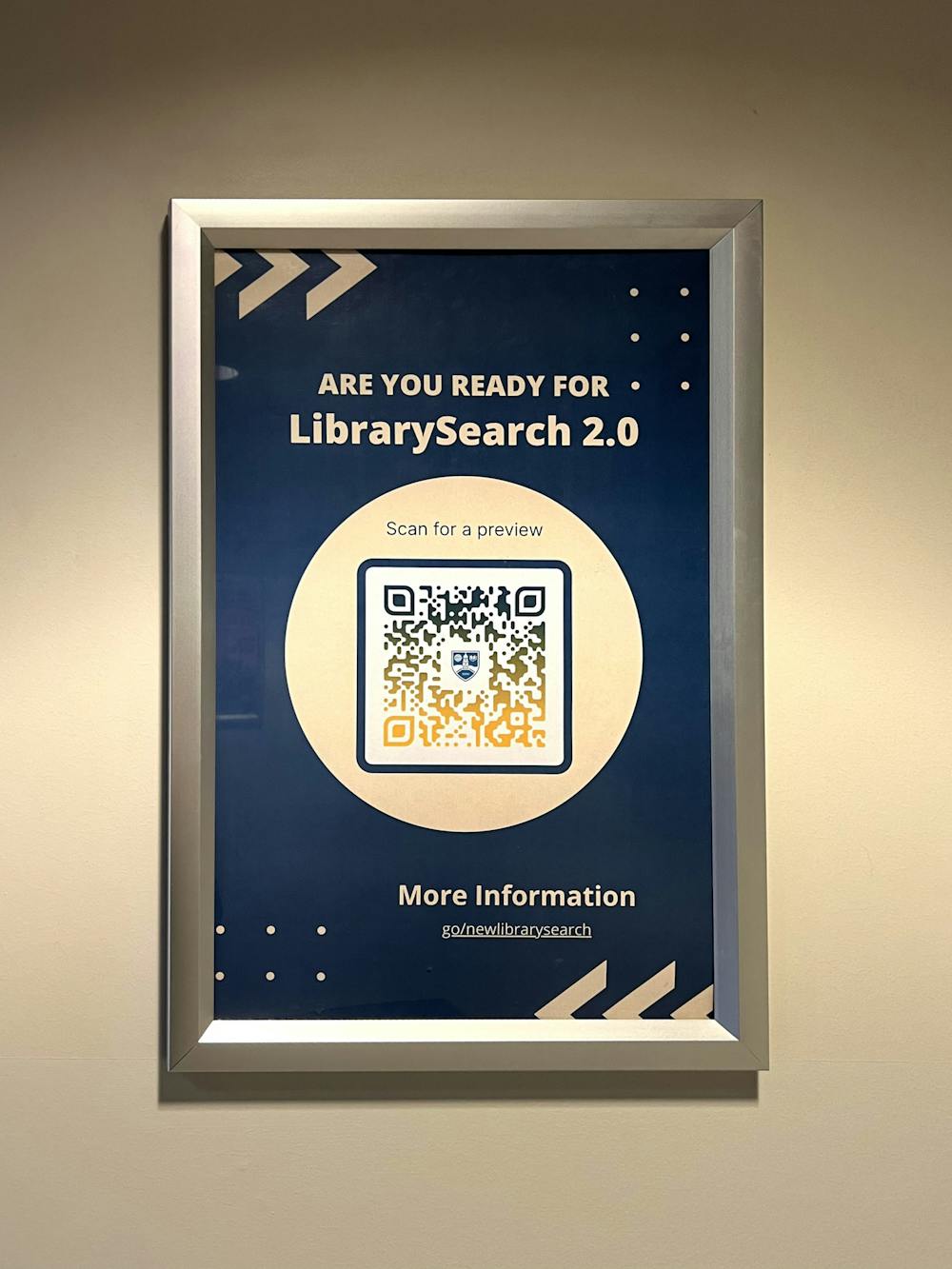Introducing Library 2.0, Middlebury’s new library search system, which aims to simplify and consolidate the library’s search interface for students, faculty and staff.
The software launched at Middlebury’s Vermont campus and the Monterey Institute of International Studies (MIIS) on Dec. 20, 2023, after months of planning. While it does not change what resources the college has access to — all of the journals, articles and books will remain available to use — the searchability and user-friendliness of the system has been adapted to better serve library patrons.
According to Bryan Carson, systems librarian at Davis Family Library, the updated system is more similar to a search engine like Google, which yields more results for each prompt, unlike the relatively limited pool of results provided in the previous system. “I see it as a positive change,” Carson told The Campus.
There were three main reasons for the new system, according to Dean of the Library Mike Roy.
“First, the system we were using was no longer being developed at all, and so we were stuck with the old system that was not keeping up with best practices in library system design. Two, and related to number one, the new system has a much powerful and accurate algorithm for indexing and therefore allowing for discovery of library resources,” Roy explained
The new platform will also allow Middlebury to share resources with its new partnerships with the University of Vermont, Connecticut College, Trinity College and Wesleyan University, according to Roy. Middlebury’s library system is now a part of the Boston Library Consortium that shares resources across 26 New England institutions.
Roy hopes that the new system will not only be well-received by library patrons, but also by the staff who work at the library.
“The system also provides far better reporting functions, so that we can gain deeper insights into how our resources are being used, which in turn will help us make better decisions about library resources. In this way, it will make my job easier,” he said. “Our hope is that the new system will ultimately make their work easier, but this is a big change and there is always a learning curve associated with any new workflow.”
The implementation and development of a new system was not without its challenges.
“The biggest challenge was finding time to learn the new system, convert all the dates and make the many, many decisions that configuring a new system requires, all while continuing to run the old system,” Roy said.
Given the extra time that switching systems required, Roy praised the team for simultaneously handling both workloads during the summer and fall.
“I’d say the biggest challenge for us at MIIS has been the fact that we’re a very small team to begin with, and we had some key people out of office during much of the migration process, so we were trying to keep up with the extra migration-related activities and cover normal day-to-day processes,” Lydia Gentry, digital services associate at the Middlebury Institute of International Studies at Monterey wrote in an email to The Campus.
Gentry credited the Vermont campus team’s staff for support in the process of switching over to the new server.
Davis Family Library has experienced understaffing in recent years, as four staff members left their positions last spring, creating challenges for the remaining librarians to meet their usual responsibilities under an intensified workload.
According to Roy and others on the library staff, feedback for the newly introduced system, though minimal so far, has been mostly positive. “It’s early days, but so far so good,” Roy said.
“There will inevitably be bumps in the road and unforeseen issues that we’ll have to resolve as the semester starts up and students and faculty start to use it more, but so far, most of the process has been fairly smooth. I’ve been pleasantly surprised by the amount of positive feedback I’ve received at this point,” Gentry wrote.
Arabella Holzapfel, electronic resources manager and library systems specialist at Davis Family Library, has also received positive feedback from patrons.
“It has been a long time coming…[I’m] really grateful we’ve been able to do this,” Holzapfel said.
Middlebury students can access the new Library 2.0 system at go/librarysearch/.




